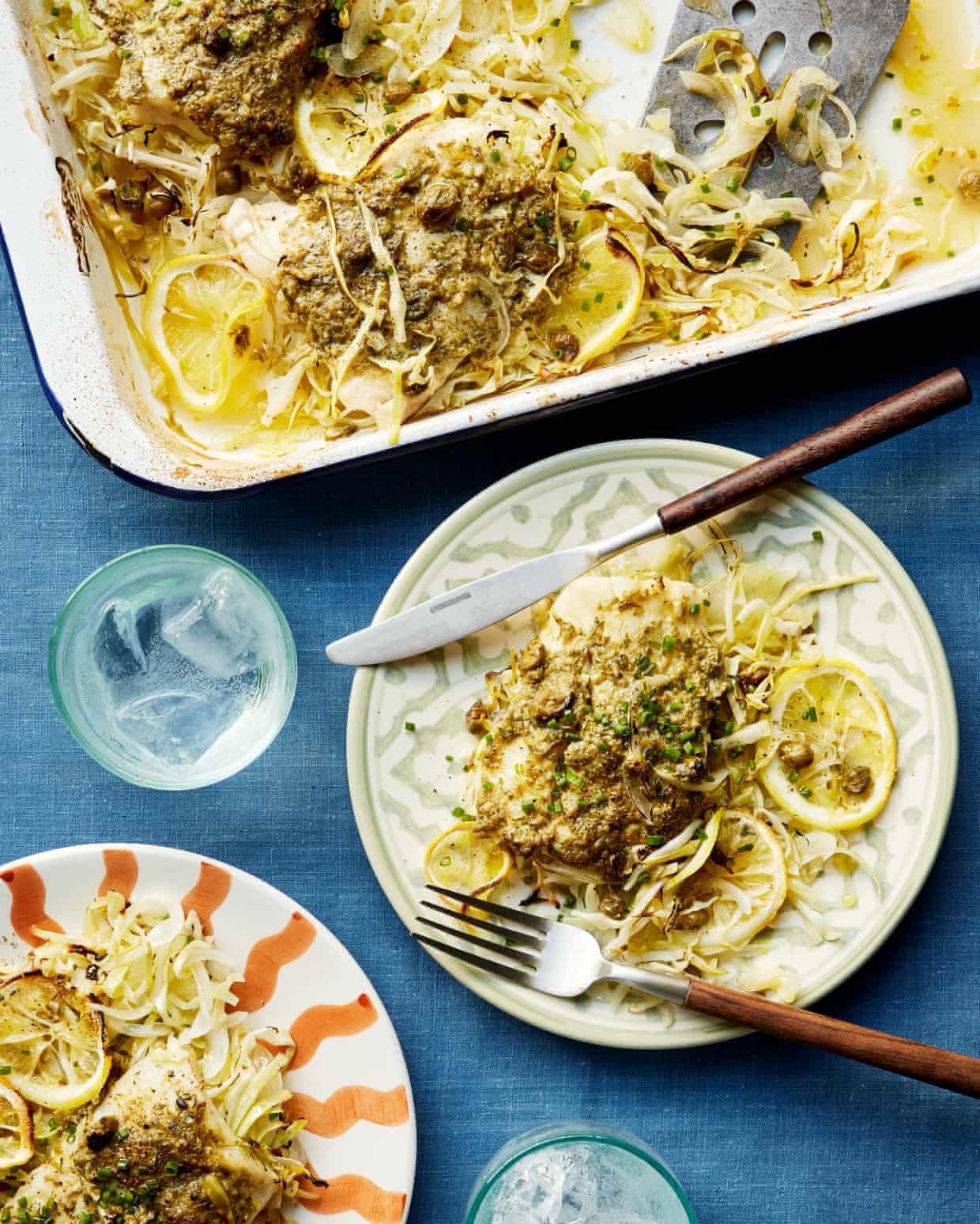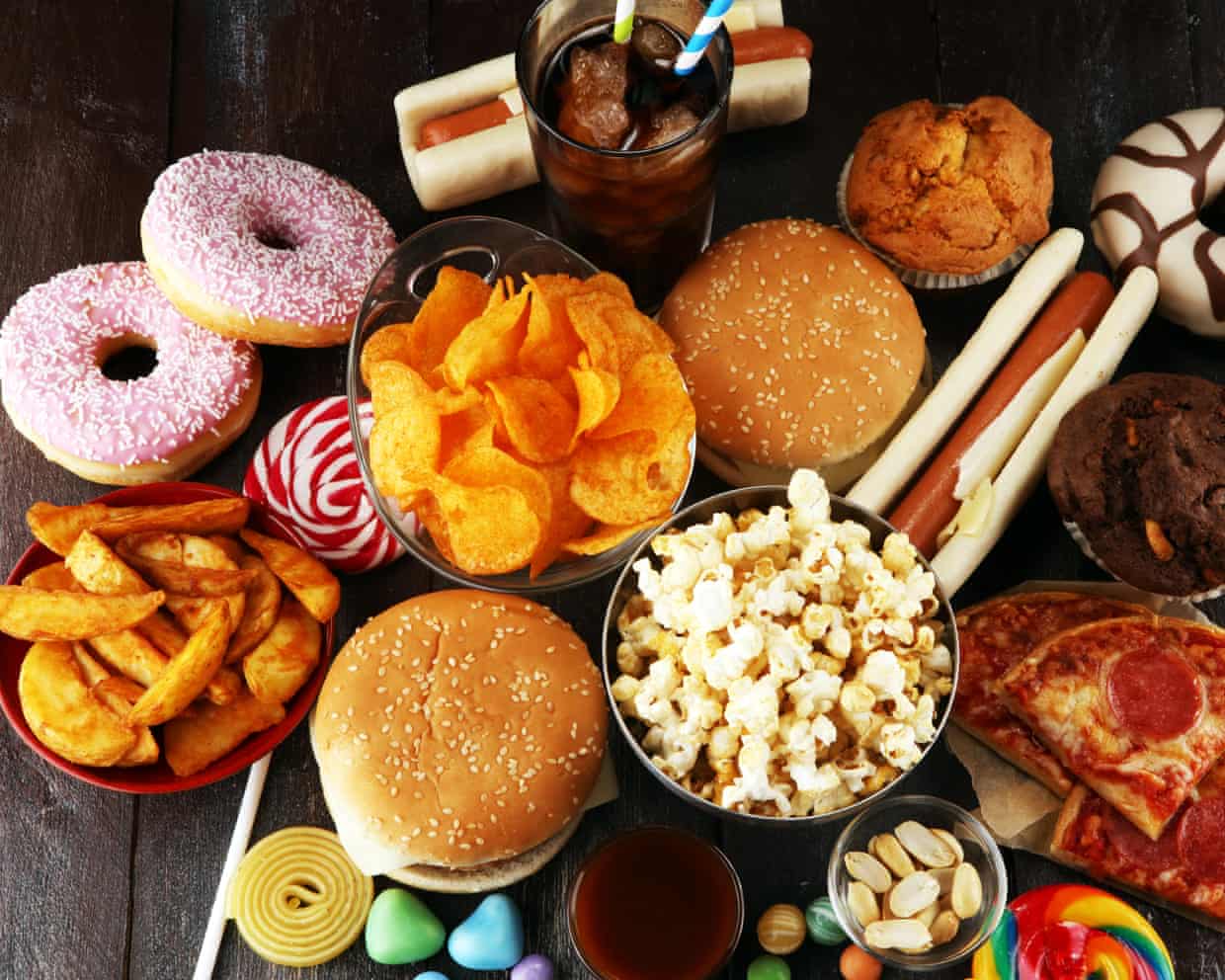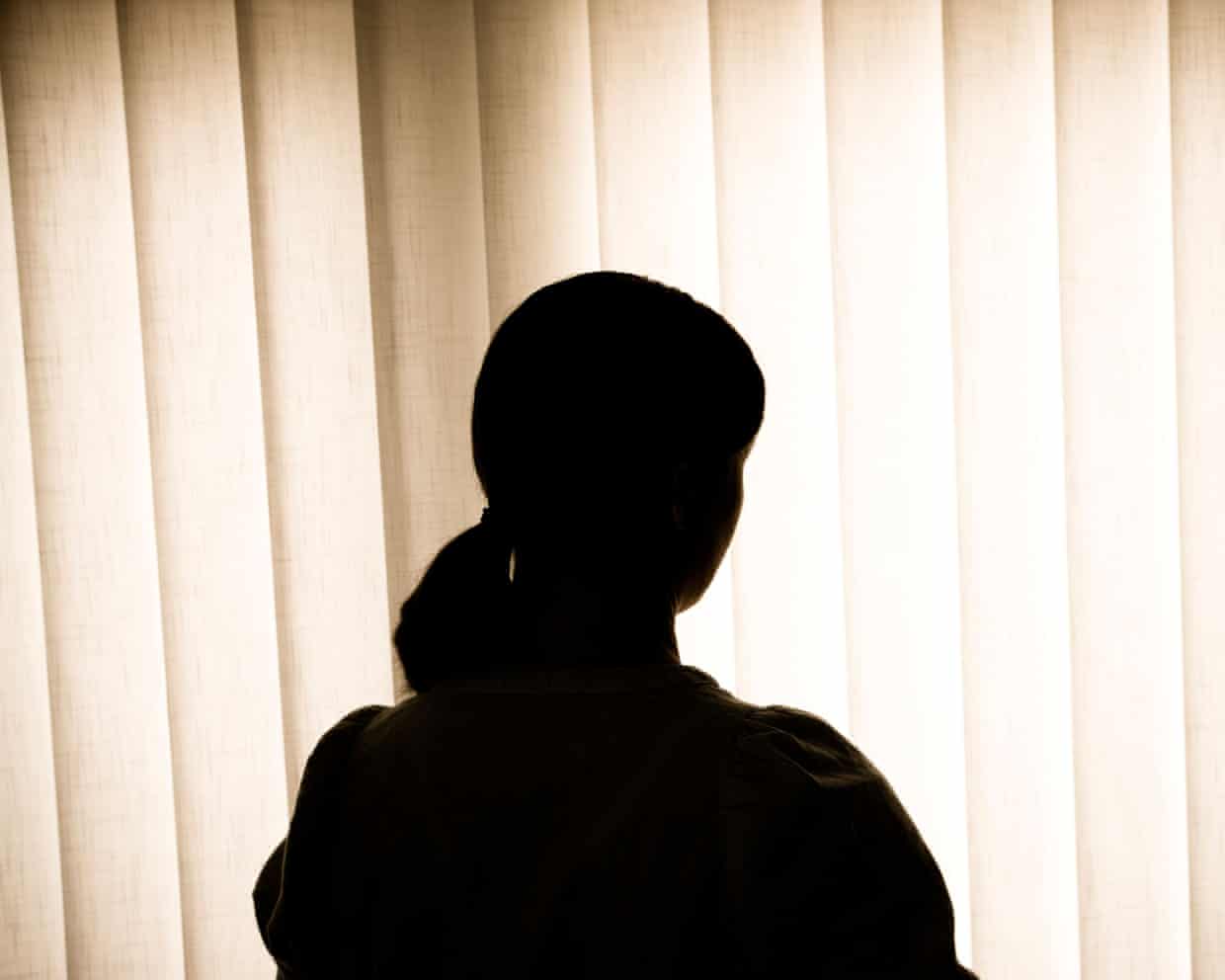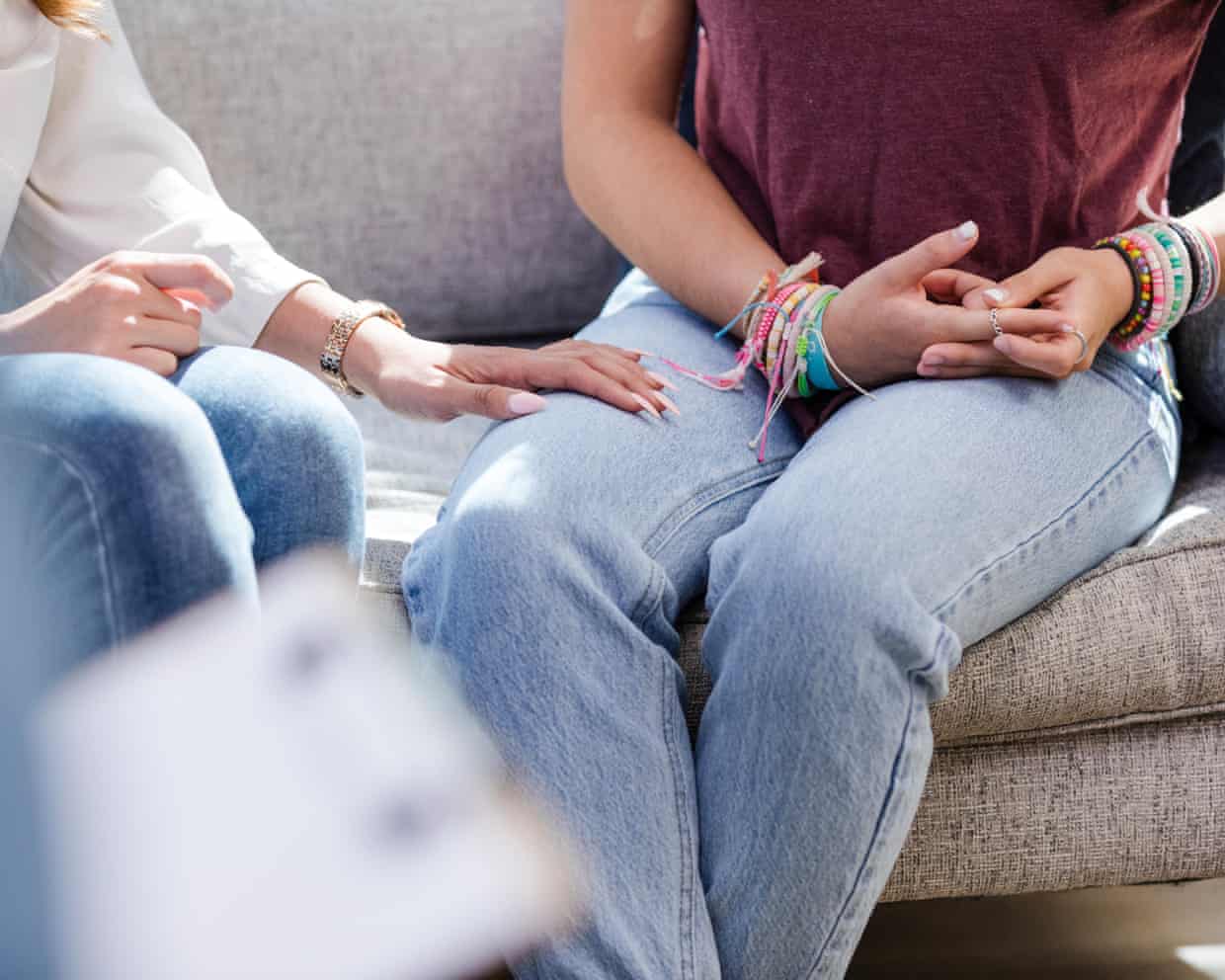Georgina Hayden’s quick and easy recipe for roast hake with caper anchovy butter | Quick and easy

I love this one-tray dinner; it feels elegant but easy, and worthy of both a midweek meal and if you are entertaining.The punchy anchovy and garlic butter does all the hard work, and gives the impression of more effort than was actually exerted.But what to serve it with, I hear you ask? Well, it wouldn’t be out of place with creamy mashed potato, buttery polenta or a salad.Just make sure to baste the fish halfway through cooking, to get all the flavour and juices back into it.Prep 10 min Cook 30 min Serves 42 garlic cloves, peeled5 anchovies 4 tbsp capers ½ bunch chives 1 lemon 90g unsalted butter, cut into cubesSea salt and black pepper250g sweet heart cabbage, or other greens2 onions, peeled and halved2 tbsp olive oil4 150g hake or cod fillets, skinned and, if need be, pin-bonedHeat the oven to 220C (200C fan)/425F/gas 7.
Put the garlic cloves in a mini chopper with the anchovies and half the capers, then tear in most of the chives.Blitz until finely chopped (you can also do this by hand or in a mortar).Finely grate in the zest of the lemon, add the butter and season well, then blitz smooth (if need be, you can do this ahead of time and store the butter in the fridge).Trim the base of the cabbage, cut out and discard the core, then finely shred the cabbage.Finely slice the halved onions.
Place the cabbage and onions in a large roasting tray, squeeze over the juice of half the lemon, add the olive oil, season generously and toss to coat.Spread out the mix into an even layer, then lay the fish fillets on top and evenly spoon on some of the caper butter; dot any remaining butter over the cabbage mixture.Cut the remaining lemon half into fine slices, nestle these among the fish and cabbage, then scatter over the remaining two tablespoons of capers.Roast for 16-20 minutes, basting everything with the buttery juices halfway through, until the fish is tender and the cabbage a little charred.Finely chop the remaining chives, scatter on top and serve.
The Guardian aims to publish recipes for sustainable fish.Check ratings in your region: UK; Australia; US.

Ultra-processed food linked to harm in every major human organ, study finds
Ultra-processed food (UPF) is linked to harm in every major organ system of the human body and poses a seismic threat to global health, according to the world’s largest review.UPF is also rapidly displacing fresh food in the diets of children and adults on every continent, and is associated with an increased risk of a dozen health conditions, including obesity, type 2 diabetes, heart disease and depression.The sharp rise in UPF intake worldwide is being spurred by profit-driven corporations using a range of aggressive tactics to drive consumption, skewer scientific debate and prevent regulation, the review of evidence suggests.The findings, from a series of three papers published in the Lancet, come as millions of people increasingly consume UPF such as ready meals, cereals, protein bars, fizzy drinks and fast food.In the UK and US, more than half the average diet now consists of UPF

Plastic surgeons wrestle with requests for ‘Mar-a-Lago face’: ‘You’re going to look like Maleficent’
The puffy, artificial look is rising in popularity - thanks to Maga elite such as Kristi Noem and Matt GaetzPicture a plastic surgeon’s office. You might imagine a sleek Los Angeles practice, with discreet entrances meant to conceal celebrities from the paparazzi. Maybe a Dallas high-rise, where monied housewives spend on postpartum “mommy makeovers”. Or a Miami location, where influencers and OnlyFans stars film TikToks of their BBLs. One city you might not think of is Washington DC

‘I knew I was starting to have a seizure’: women describe lasting effects of being ‘choked’ during sex
When Sophie* woke up on the floor after having a seizure, it took a while before she could comprehend that it had been caused by a man strangling her during sex.“I blacked out, my legs were kicking, I broke a glass,” she says. At 19, it was the first and only time anything like that had happened to her. “When I came to, I couldn’t work out who he was, where I was, what was going on. And it was utterly terrifying

Nearly half of sexually active young people in UK have experienced strangulation, study shows
More than two in five sexually active under-18s in the UK have either been strangled or strangled someone during sex, research has found, despite the serious dangers of the practice.“Choking”, as it is commonly known, has become normalised in young people’s sexual habits, the study by the Institute for Addressing Strangulation (Ifas) showed, with 43% of sexually active 16- and 17-year-olds having experienced it.More than half of people under the age of 35 have experienced it, with nearly a third wrongly believing there are safe ways to strangle someone.The survey also revealed a crisis of distress among those on the receiving end, with 36% saying they felt scared during the experience and 21% suffering dangerous physical symptoms, including dizziness and even loss of consciousness.It also showed a consent gap, with more perpetrators of strangulation believing their partner had consented to it in advance than those who had experienced it, with 1% saying they had explicitly not agreed to it the last time it happened

Children in care who lash out may no longer face automatic arrest under UK review
Vulnerable young people in care who assault staff or damage property will not automatically be arrested by police or charged, under proposals intended to reduce the excessive criminalisation of looked-after children.A government review will examine how children in state care who exhibit challenging behaviour can be offered targeted support such as trauma counselling rather than being punished through the criminal justice system.The aim is to restrict the “over-policing” of looked-after young people and reduce disproportionate numbers who offend while in care. Children in care are 10 times as likely to receive a caution or conviction than those not in care.The review, expected to report in the spring, aims to tighten an existing protocol introduced by the previous government in 2018

Woman killed herself after south London hospital neglect, coroner concludes
A woman killed herself after a south London psychiatric unit failed to search her possessions adequately, a coroner has concluded.Michelle Sparman, a personal trainer and call dispatcher for the Metropolitan police from Battersea, south-west London, died on 28 August 2021 at Kingston hospital, four days after trying to take her own life.The assistant coroner, Bernard Richmond KC, concluded that Sparman, 48, died of a hypoxic brain injury, determining she had died by “suicide whilst the balance of her mind was disturbed, contributed to by neglect”.He determined four probable causes of death: her struggles with anxiety and depression, including impulsiveness; a “difficult relationship” with her ex-partner, including “intemperate and excessive texting” from him, which called into question her mental health and fitness to be a mother; her “justifiable feelings of abuse” as a result of his behaviour, and inadequate searching on leaving and entering Rose Ward, a locked 20-bed female-only mental health unit at Queen Mary’s hospital in Roehampton.He cited her perimenopausal symptoms and financial and professional problems as possible causes

‘No contract, no coffee’: what to know about the Starbucks workers’ strike in over 40 US cities

UK inflation dips to 3.6% despite accelerating food price growth – as it happened

TikTok to give users power to reduce amount of AI content on their feeds

Meta wins major US antitrust case and won’t have to break off WhatsApp or Instagram

Ashes 2025-26: Guardian writers’ predictions for the series

Daly recalled to face Argentina as Borthwick makes six changes to England